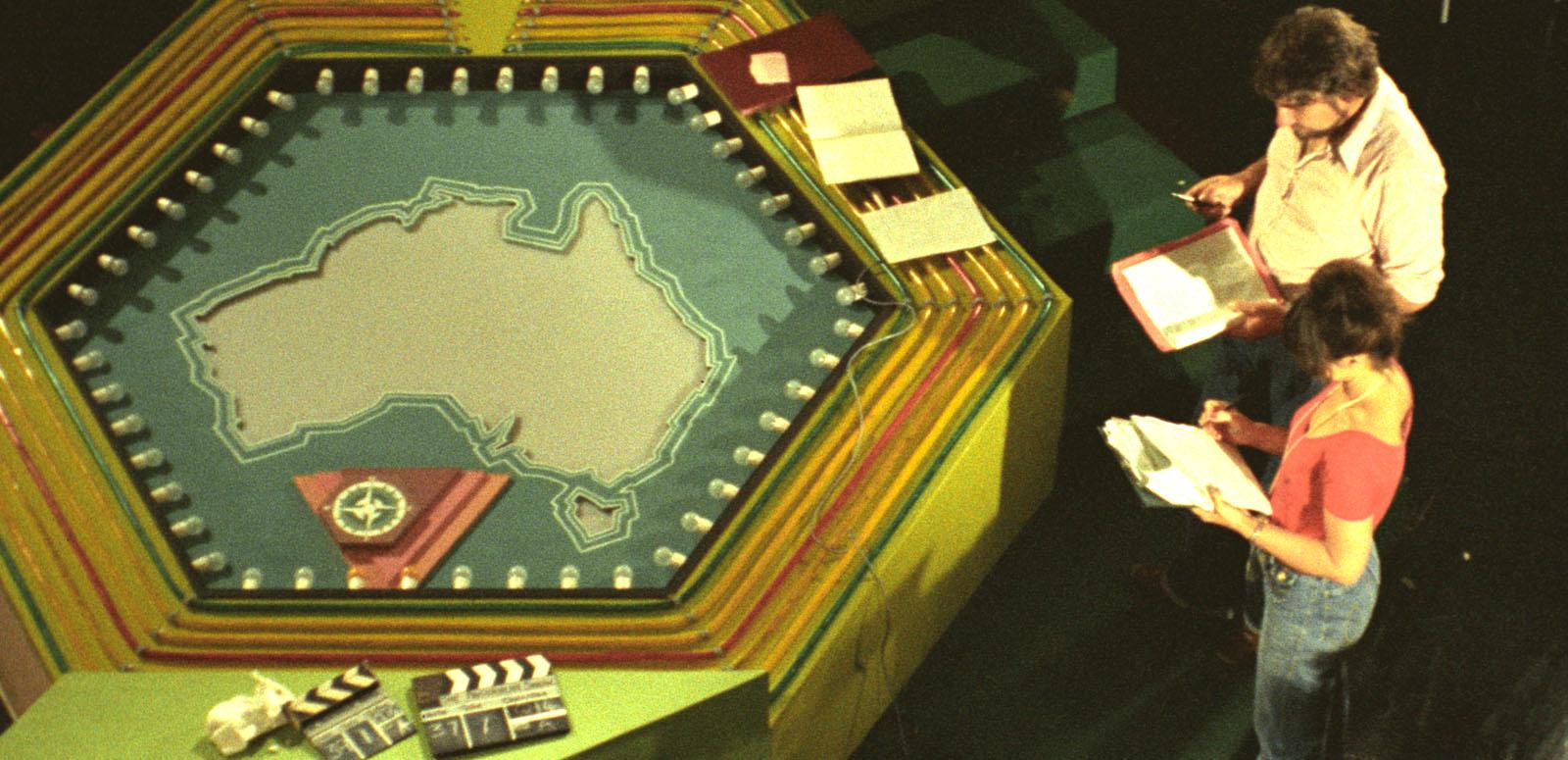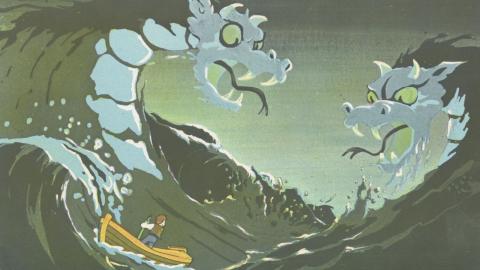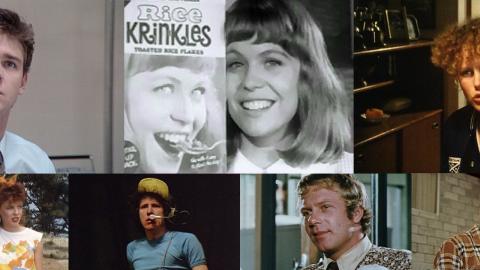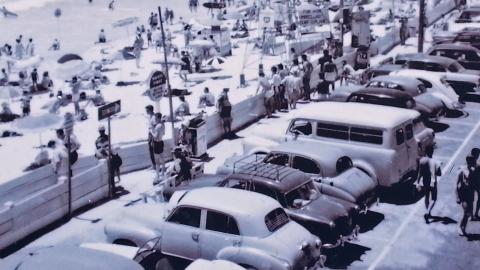Before you stream SBS’s new series Australia: An Unofficial History, make a detour through the National Film and Sound Archive’s vaults. For the past 18 months, our Enterprise team has worked hand-in-hand with Stranger Than Fiction Films, combing through hundreds of hours of 1970s footage to help shape the three-part series. That same research also inspired Off the Record – a curated capsule of short films that peel back the surface of 1970s Australia. Feature titles are available to rent via NFSA Player, while shorter works can be explored for free on the NFSA’s YouTube channel.




